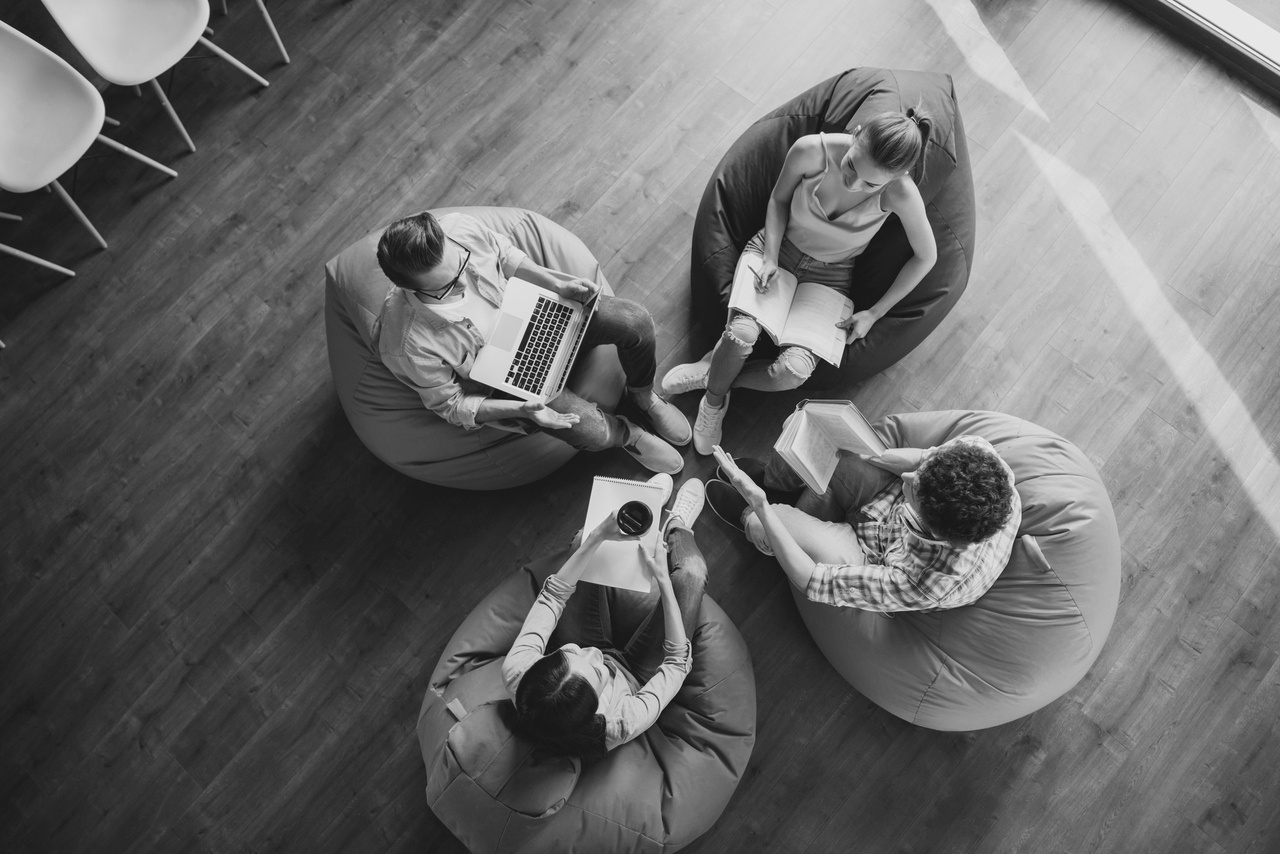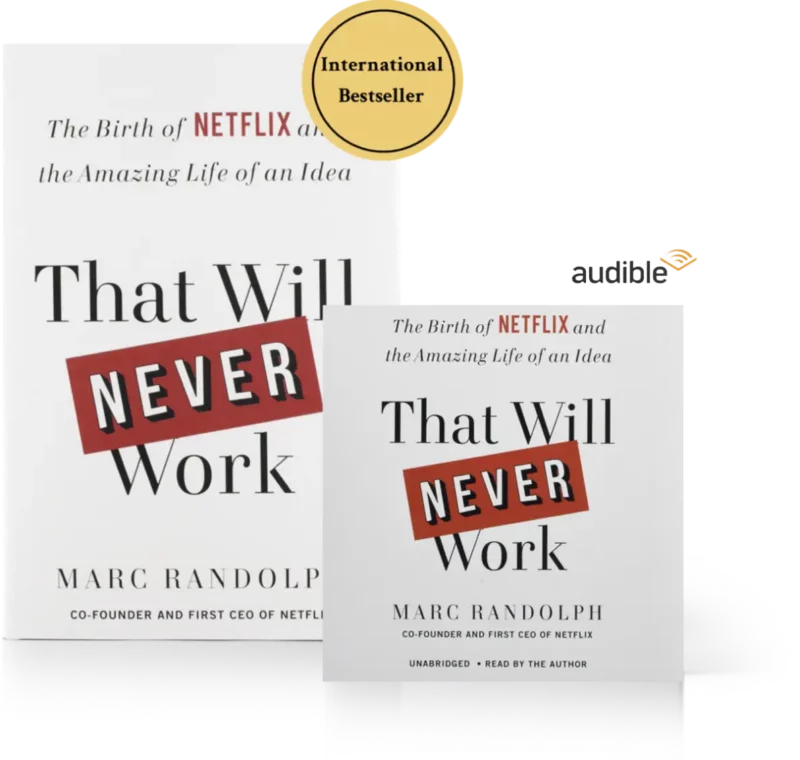How to Think Like a Startup.
The best ingredient for success is no longer one’s ability to predict the future. It’s putting yourself in a position where you’re poised to take advantage of whatever happens.

What’s next?
For months, that’s been the question tormenting every company I work with. Especially as it seems that we are now truly seeing the light at the end of the COVID tunnel, rather than the headlight of an oncoming train.
For the companies whose businesses were completely upended last year; cruise lines, hotels, bars, restaurants, airlines, etc., the question is to what degree the world will return to the way it was.
For the companies who have seen an acceleration of their businesses as a result of the worldwide lockdown; e-commerce, food delivery, teleconferencing, and yes, streaming services, they are wondering whether these changes are permanent, or if customers will simply return to their old habits.
And for companies who were clinging to outdated business models, will this finally be the straw that broke the camel’s back – forcing them to abandon for good those practices they’ve defended using regulation, monopoly power, or just plain stubbornness. (See this recent post for a great example of what I’m talking about).
Whereas pre-COVID it was possible to have some idea of what was coming at you, the coronavirus has required that businesses of every size and in every business sector become comfortable with unpredictability. It has forced the kind of innovation that would have taken years to happen organically. There’s no other way to say it: it’s forcing every company to think like a startup.
But if your company has benefitted from last year’s business disruption, how do you prepare for a world which will slowly be returning … if not to normal … then at least to something a little less disruptive? What then?
That’s exactly the subject I was so excited to explore with Adriel, my guest on episode 8 of the That Will Never Work podcast, which is now available.
Adriel’s start-up, Riveter, provides services to laid-off employees – a total addressable market that exploded dramatically in 2020 when more than 60 million Americans lost their jobs.
But layoffs have always been a problem for workers. Just one year earlier in 2019, considered by many to be one of the best economic years in American history, 22 million people were laid off. Which is why back then Adriel, was already thinking about launching a service to help the unemployed.
How appropriate then, that only a few months into 2020, with COVID just starting to spread, Adriel lost his job – giving him a newfound empathy for the unemployed and freeing him up to dive full time into his starting his company.
Adriel has done everything right so far and has learned a lot, but he is still struggling to find the best way to take advantage of the current situation while building something that will still be relevant when the world looks different.
I think you’ll enjoy hearing how we take apart his problem and come up with some interesting new approaches to try. But they are all based on the same premise:
The best ingredient for success is no longer one’s ability to predict the future. It’s putting yourself in a position where you’re poised to take advantage of whatever happens.
And that’s something that startups do every day.
So have a listen, but don’t let it stop there. I’ve recently added a comments section to the podcast pages on my website, and I would love for you to join the conversation: I’ll be participating in the comments myself for the next two weeks, so let me know your thoughts on Adriel’s issues on his current approach, and on my advice for his next steps. I’m eager to hear what you think Adriel could do to turn things around.
And as always, if you like what you hear, don’t forget to follow me and/or leave your review.
RECOMMENDED FOR YOU
Want to Make Things Easy for Your Team?
Podcast Episode 72
Is it a Culture Problem or a Hiring Problem?
October 25, 2022 • 38 min
